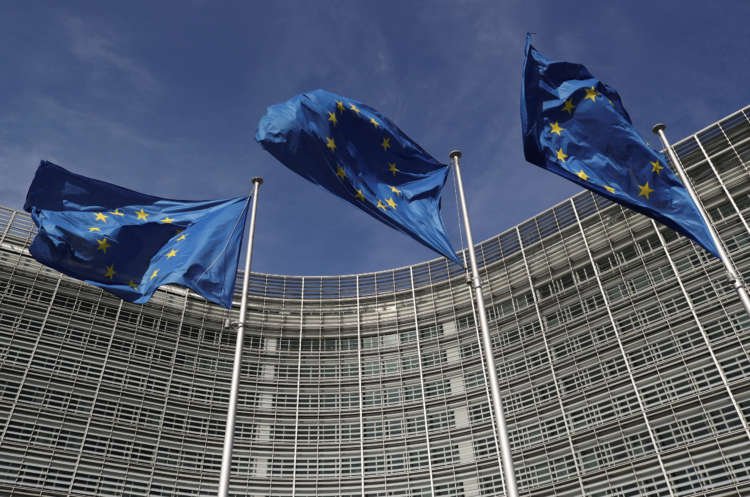Top Stories
EU to borrow around 150 billion euros annually for recovery fund
Published by linker 5
Posted on April 14, 2021
1 min readLast updated: January 21, 2026

Published by linker 5
Posted on April 14, 2021
1 min readLast updated: January 21, 2026

Explore more articles in the Top Stories category











